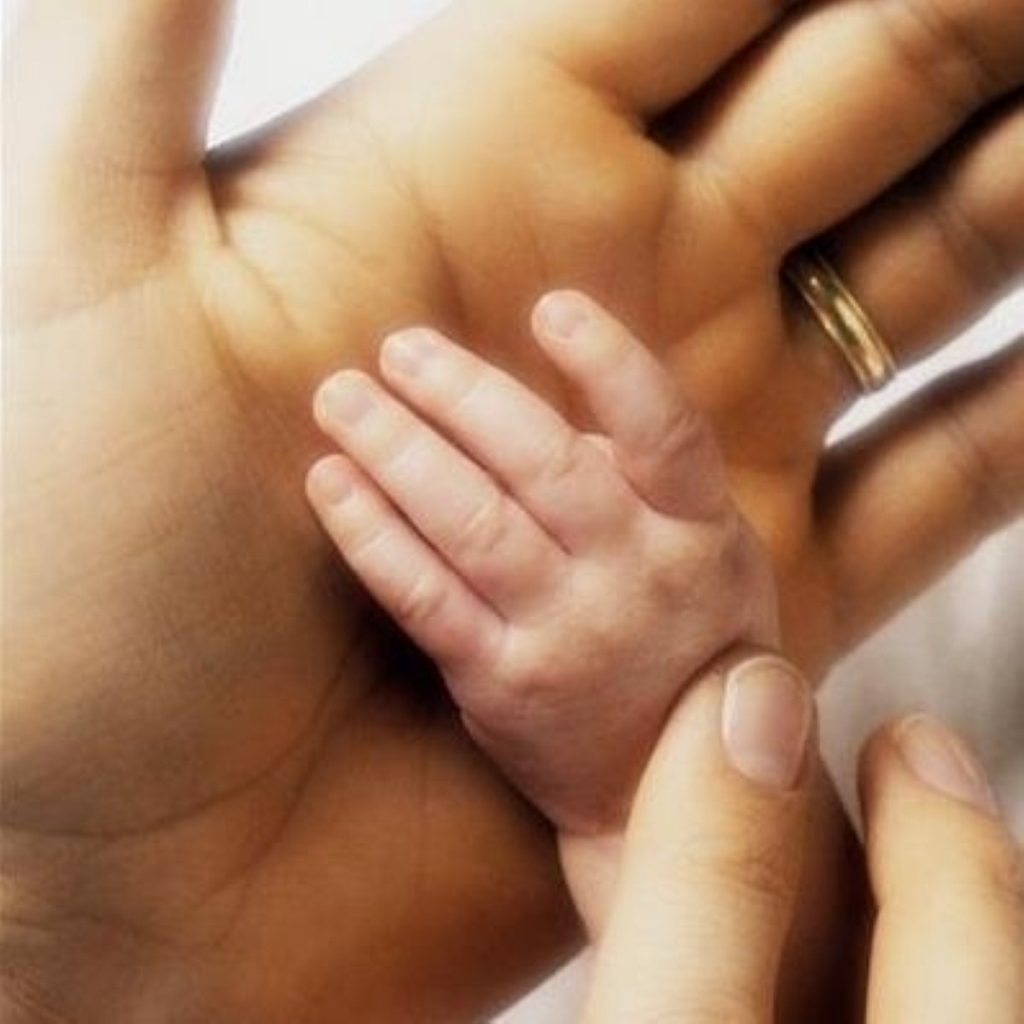Comment: Jailing social workers is a political PR stunt
By Allan Norman
The day David Cameron announced proposals to jail social workers for 'wilful neglect', I was all set to deliver a lecture in social work law at Birmingham University. But having heard the news, the lecture room full of would-be social workers had other things on their minds and I was faced with a torrent of questions from students doubting their chosen career.
I was able to give huge reassurance to my worried students about the likelihood of securing convictions against social workers on the grounds of 'wilful neglect'. In terms of the reputational damage such announcements inflict on our profession, I was able to offer no such comfort.
The fact is, like so many announcements of new criminal offences, this was a media stunt. So what was the real story of the day?
A serious case review in Cameron's Oxfordshire constituency had been published, highlighting serious issues around child exploitation. Those children's voices were crying out to be heard, certainly. The issues raised by the review demand to be addressed. The report did not call for the imprisonment of social workers, so the prime minister's announcement was not a case of accepting the recommendations of the review. On the contrary, it deflected attention from it.
The story did give me opportunity to revisit some basic points about what criminal law and child protection law are about – and what the differences between them are. After all, child protection is often concerned with the assessment of future risk; neglect is a classic example of where we may protect children even when no crime has been committed. Setting and enforcing good practice standards is what the civil law is supposed to do.
The criminal law is there to punish those whose conduct falls below society's minimum standards. Creating new offences sounds like you're being tough, but for that very reason, securing convictions is also tough. Prison sentences can serve to punish, be a deterrent, even rehabilitate. But they are a pretty blunt instrument for protecting children.
Sure, locking up those with a propensity to violence or abuse keeps them out of circulation for a while but child protection social workers know only too well the limits of criminal law to protect children, which is why their work takes place in the more nuanced arena of the civil courts.
Putting social workers in prison is not only unhelpful. A cursory look at the hurdles which stand in the way of convictions suggests it is not going to happen, either. Like most criminal offences, it is necessary to demonstrate a guilty mind: not just neglect, but that the neglect was wilful and the social worker was thereby responsible for the harm.

It is not going to happen because guilt needs to be proved beyond reasonable doubt. If poor practice is the result of austerity, excess caseloads and inadequate supervision, there is certainly reasonable doubt about wilful neglect.
It is not going to happen because even if it reached the statute book, there are existing offences for practitioners who are truly criminal. These are better established and will be used instead. Thus far, I could reassure.
Where I could offer no reassurance was in relation to the respect in which our profession is held. The prime minister made his announcement. Labour said he wasn't tough enough. Neither showed an aversion to finding in social workers a scapegoat for the very problems we seek to address.
So, I ask again: what was the real news story? While I would like to think it was about the importance and valuable lessons to be learned in the prevention of child sexual exploitation, my experiences of that day tell me otherwise. The media is the message, and those who masterfully manipulate the media did change the message.

As soon as the story began running in the morning I knew there was no point in saying to my students we should ignore the prime minister's announcement and concentrate instead on good practice to combat child sexual exploitation.
The simple truth is that not only then, but in the weeks that followed and in the months and maybe years to come, we all have to undo the harm of the announcement. We have to keep working on reassuring those who truly care about the children of Oxfordshire that they are wanted and valued within the profession. And reassuring the children of Oxfordshire that it is those who abuse them, not those who try to protect them, who will be languishing in prison cells.
My students had a more direct taste of the media that day, as the BBC came and filmed us in the afternoon to provide context for the evening news bulletin. As is the way of the media only a few seconds of footage was used for that evening's news. That, really, is the story of that day in a nutshell; maximum disruption, all for a soundbite.
Allan Norman, a qualified social worker and solicitor, leads on policy, ethics and human rights at the British Association of Social Workers
The opinions in Politics.co.uk's Comment and Analysis section are those of the author and are no reflection of the views of the website or its owners.





-01.png)